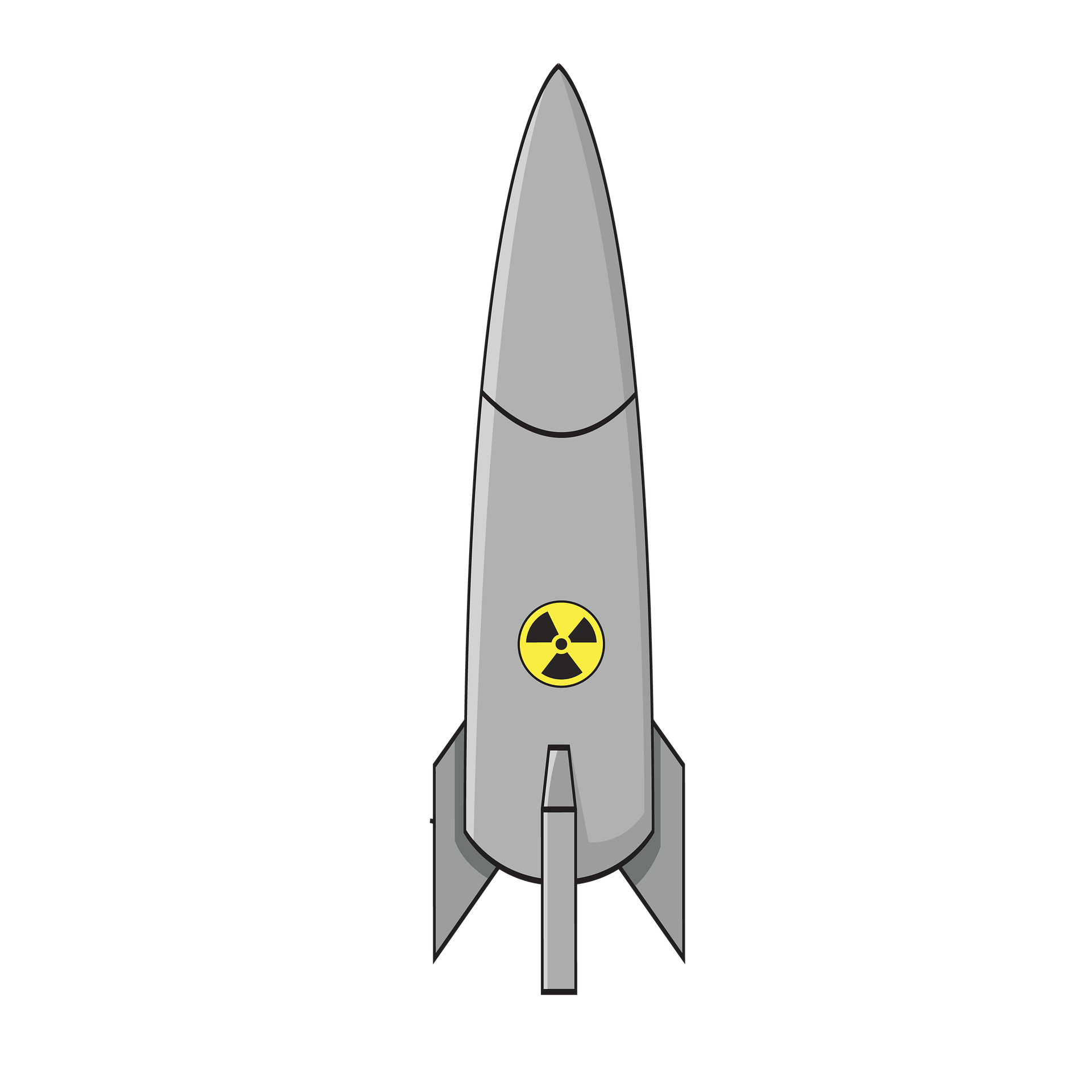
403
Sorry!!
Error! We're sorry, but the page you were
looking for doesn't exist.
Trump`s policies quicken nuclear threat
(MENAFN) Friday marks the fifth anniversary of the United States' withdrawal from the Intermediate-Range Nuclear Forces (INF) Treaty, a significant arms control agreement originally signed between the Soviet Union and the United States in 1987. For some time, the ramifications of this decision were largely overshadowed by other global issues, with the public's attention diverted to different international concerns. The treaty's collapse, however, has now come back into focus in a dramatic fashion.
In a move that has intensified global anxieties, the United States has recently announced plans to commence "episodic deployments" of ground-launched missiles in Germany starting in 2026. This development has been perceived as a provocative gesture toward Russia, which has responded with a warning from President Vladimir Putin. Should these United States deployments proceed, Russia may lift its unilateral moratorium on deploying intermediate-range missiles, including potentially nuclear ones. This escalation could lead to a new "missile crisis," reminiscent of the severe tensions of the 1970s and 1980s that originally prompted the INF Treaty.
During the Cold War, the deployment of new nuclear missiles in Europe led to a sharp deterioration in United States-Soviet relations, reaching a low point comparable to the 1962 Cuban Missile Crisis. The INF Treaty was a significant resolution, as it mandated the elimination of all ground-launched missiles with ranges between 500 and 5,500 kilometers. This agreement significantly benefited the United States militarily; the USSR was required to dismantle a larger number of missiles—1,846 compared to the 846 dismantled by the United States. Additionally, the treaty did not address air- and sea-launched missiles of similar ranges, which remained a critical element of United States power projection.
The decision to withdraw from the INF Treaty has been heavily criticized for exacerbating global nuclear tensions. The current administration's actions, viewed by many as a legacy of Trump's policies, have reignited fears of a new arms race, echoing the high-stakes crises of the past. The international community now faces a heightened risk of renewed nuclear proliferation and instability as a result of these escalating military postures.
In a move that has intensified global anxieties, the United States has recently announced plans to commence "episodic deployments" of ground-launched missiles in Germany starting in 2026. This development has been perceived as a provocative gesture toward Russia, which has responded with a warning from President Vladimir Putin. Should these United States deployments proceed, Russia may lift its unilateral moratorium on deploying intermediate-range missiles, including potentially nuclear ones. This escalation could lead to a new "missile crisis," reminiscent of the severe tensions of the 1970s and 1980s that originally prompted the INF Treaty.
During the Cold War, the deployment of new nuclear missiles in Europe led to a sharp deterioration in United States-Soviet relations, reaching a low point comparable to the 1962 Cuban Missile Crisis. The INF Treaty was a significant resolution, as it mandated the elimination of all ground-launched missiles with ranges between 500 and 5,500 kilometers. This agreement significantly benefited the United States militarily; the USSR was required to dismantle a larger number of missiles—1,846 compared to the 846 dismantled by the United States. Additionally, the treaty did not address air- and sea-launched missiles of similar ranges, which remained a critical element of United States power projection.
The decision to withdraw from the INF Treaty has been heavily criticized for exacerbating global nuclear tensions. The current administration's actions, viewed by many as a legacy of Trump's policies, have reignited fears of a new arms race, echoing the high-stakes crises of the past. The international community now faces a heightened risk of renewed nuclear proliferation and instability as a result of these escalating military postures.

Legal Disclaimer:
MENAFN provides the information “as is” without warranty of any kind. We do not accept any responsibility or liability for the accuracy, content, images, videos, licenses, completeness, legality, or reliability of the information contained in this article. If you have any complaints or copyright issues related to this article, kindly contact the provider above.






















Comments
No comment